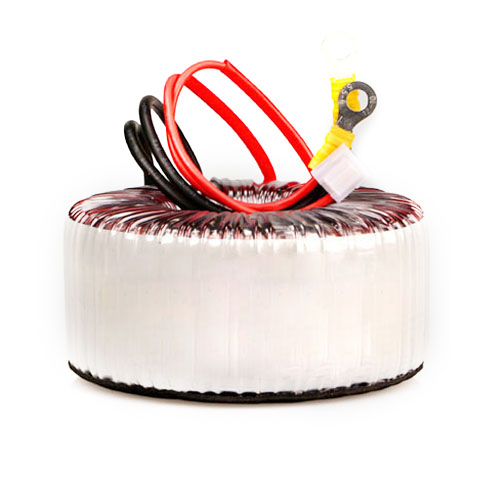Introduction to Medical Toroidal Transformers
Medical toroidal transformers play a crucial role in healthcare technology, providing efficient and reliable power conversion in various medical devices. This article will explore the design, benefits, applications, and importance of these transformers in the medical field.
What is a Toroidal Transformer?
A toroidal transformer is a type of transformer characterized by its doughnut-shaped core, made from a continuous ring of magnetic material. Unlike traditional laminated transformers, which have a rectangular or square shape, toroidal transformers offer several advantages, particularly in medical applications.

Key Features
1. Compact Design**: The circular design of toroidal transformers allows for a more efficient use of space, making them suitable for compact medical devices where size constraints are critical.
2. **Low Electromagnetic Interference (EMI)**: The design minimizes electromagnetic interference, which is particularly important in sensitive medical environments. This feature helps in ensuring that nearby electronic devices function correctly without disruption.
3. **High Efficiency**: Toroidal transformers are known for their high efficiency, often exceeding 90%. This efficiency is crucial in medical devices that require constant power supply for optimal performance.
4. Reduced Heat Generation**: Due to their efficient design, these transformers generate less heat, which reduces the need for extensive cooling systems and enhances the reliability of medical devices.
5. Improved Safety**: Many toroidal transformers are designed with safety in mind, featuring insulation and low voltage drop, reducing the risk of electrical hazards in medical settings.
Applications in Healthcare Medical toroidal transformers are widely used in various applications, including: Imaging Equipment**: Devices such as MRI machines and CT scanners require stable and reliable power supplies, making toroidal transformers an ideal choice. Surgical Equipment**: Operating rooms utilize various medical instruments that depend on consistent power.
Toroidal transformers help maintain this power supply without interference. Patient Monitoring Systems**: These systems rely on accurate data transmission and stable power, which toroidal transformers can provide. Power Supplies for Medical Devices**: From portable diagnostic tools to larger equipment, these transformers can be integrated into power supply units to enhance performance and reliability.
Conclusion Medical toroidal transformers are essential components in modern healthcare technology, offering a range of benefits including compactness, efficiency, and safety. Their unique design not only meets the stringent demands of medical applications but also enhances the performance of various medical devices. As technology advances, the role of these transformers in improving patient care and medical outcomes will continue to grow, solidifying their importance in the healthcare industry.